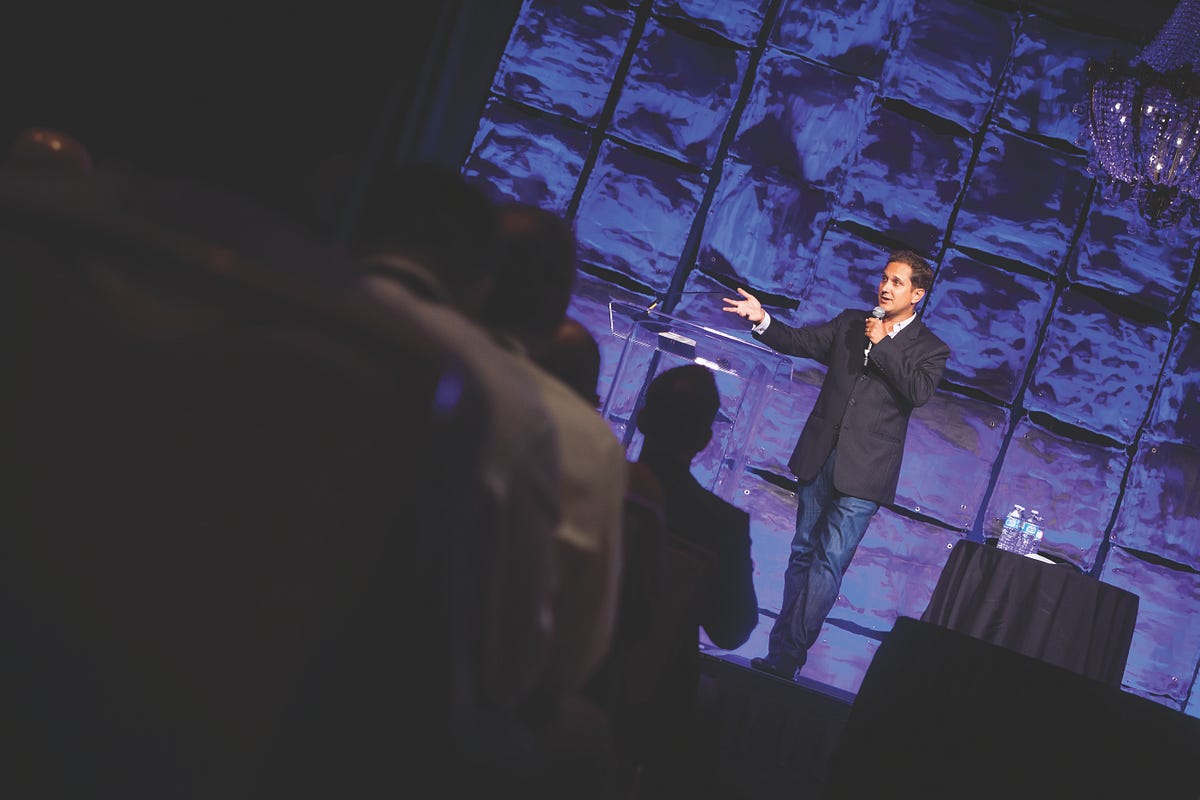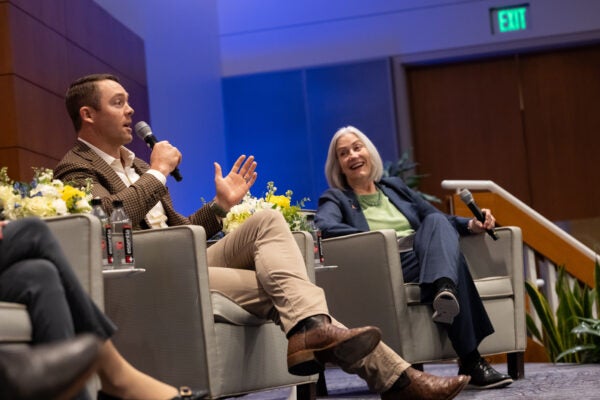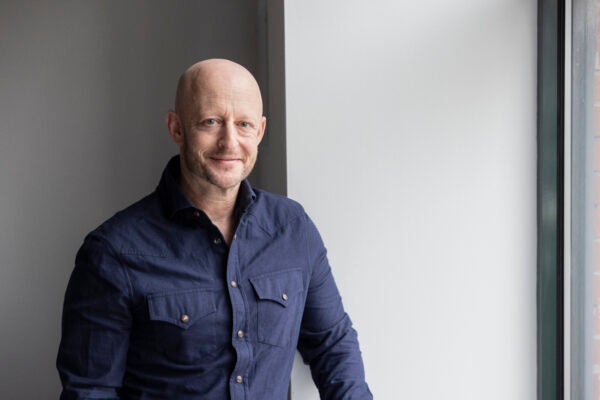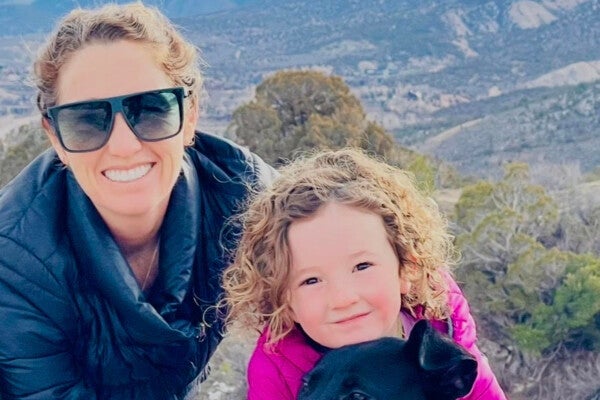Generation Gap
Speaker and researcher Jason Dorsey evangelizes to companies about the importance of understanding millennials and Gen Z
By Megan Menchaca

Jason Dorsey, ’96, was an 18-year-old McCombs business honors junior when he wrote a book designed to teach his generation how to prepare themselves for today’s workforce.
It didn’t take long for Graduate to Your Perfect Job to become a bestseller and for Dorsey to reach audiences of millions through appearances on TV morning programs and 60 Minutes. He credits much of his success to other inspiring entrepreneurs as well as his professors at McCombs.
Dorsey, 41, is now the president of the Center for Generational Kinetics, where he leads original research and is a keynote speaker focused on generational change, particularly for much talked about millennials (born 1977–1995) and Gen Z (born 1996–2012). He discussed his research and career with McCombs.
What are some common misconceptions about millennials and Gen Z?
People think millennials aren’t working, but the truth is millennials are the largest generation in the U.S. workforce and the largest generation of managers. When people say that millennials are broke and not really spending enough, the reality is that millennials outspent every other generation last year.
There’s also this perception that Gen Z is out there spending all their money, but our research shows 12 percent of Gen Z is already saving for retirement. They are trying to graduate with less student debt and think they’re going to have to work longer and harder to be successful.
Why did you decide to begin researching these generations?
I was speaking to the boards at various companies, and they would say all these very negative things about millennials. Not knowing any better, I said, “Well, do you have any data that can help me better understand what’s going on?” The reality was that the data didn’t prove what was generally assumed. In fact, it often showed the opposite.
I believed that if we could present factual strategies and tactics that bring out the best of each generation, we’d do a real service for every generation and for communities, companies, and the world. Now, we’re able to bring research-based insights to executives, entrepreneurs, and business leaders so that they can make informed and accurate decisions.
Why is it important for companies to find ways to relate to millennials and Gen Z?
It’s absolutely critical for companies, because what executives, corporate boards, and institutional investors are now seeing is that the strategies and tactics that worked five years ago and certainly 10 years ago are failing today. Smart companies are changing how they recruit, retain, and develop talent. Marketers are adapting how they message and what they offer. Every generation brings something valuable and important to the table. Understanding these generational differences in the workforce and marketplace allows you to determine how you want to adapt in a way that brings out the best of each generation.
What advice do you have for people who are trying to better reach a younger audience?
The best advice I have is to step back from what you think to be true about millennials or Gen Z and look at the latest research. There are a lot of stereotypes about the generations that aren’t true and too many people manage and market based on those stereotypes. It’s much easier once you’re willing to see that you have your own generational preferences and they have their own generational preferences. One’s not right or wrong, but there are specific things you can do to bring them together. What’s exciting is that everything we’re talking about is measurable, and when executives and leaders see that it works, they can build on that momentum. That’s critically important right now.
This article appeared in the fall 2019 issue of McCombs magazine. Click on the link to see the full issue.
About this Post
Share:


